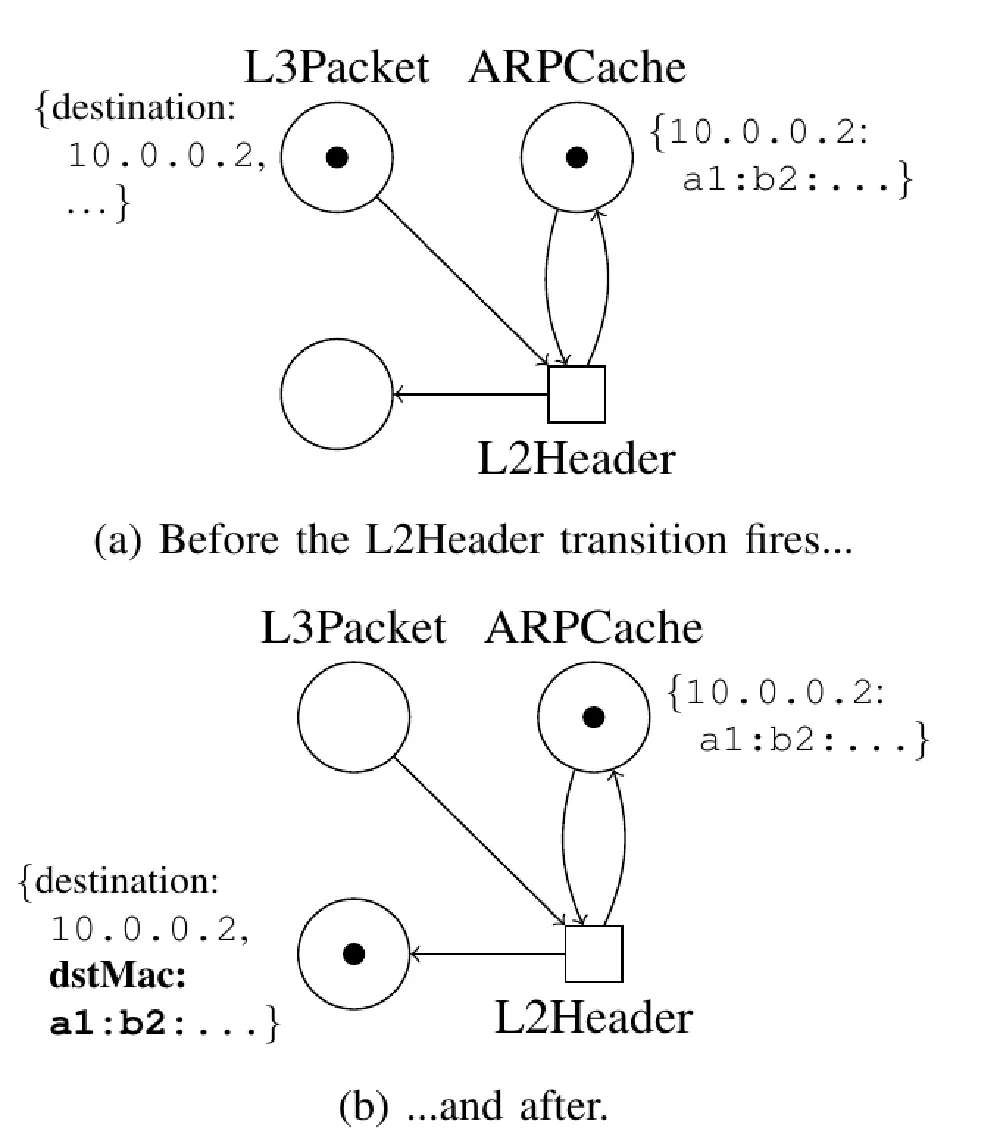- News/
IEEE CCNC 2024
Traditionally, consumer communication and networking has been dominated by entertainment applications and voice communication. With smart homes and smart cars, consumer communication evolves more and more towards a basic supply and is used not only for convenience, but also in security-related applications like surveillance or in sensors and actors for window locks or doorbells. Resilience of this basic supply consequently suddenly becomes a hot research area, also in consumer networks.
Our work touches a topic within this research area that up to now has majorly been treated as an orphan: Network stacks are neither considered part of the smart device itself, nor are they managed by middleware or applications. After system or power failures, devices are rebooted, network stacks are restarted, and the middleware takes care of registration and inclusion of the platforms.
We introduce the first steps into a transactional smart device, which in case of power failure is able to not only restart its operations (literally founded in the operating system) but also its communication. We strive to develop transactional network stacks, semantically based on Petri nets, for technologies such as Bluetooth or Wi-Fi. Such transactional semantics allow us to develop systems with power-failure resilience. Since each transaction consumes a certain amount of energy, static worst-case energy consumption analysis helps to fit the model to the platform and vice versa.
See: ResPECT
Our work touches a topic within this research area that up to now has majorly been treated as an orphan: Network stacks are neither considered part of the smart device itself, nor are they managed by middleware or applications. After system or power failures, devices are rebooted, network stacks are restarted, and the middleware takes care of registration and inclusion of the platforms.
We introduce the first steps into a transactional smart device, which in case of power failure is able to not only restart its operations (literally founded in the operating system) but also its communication. We strive to develop transactional network stacks, semantically based on Petri nets, for technologies such as Bluetooth or Wi-Fi. Such transactional semantics allow us to develop systems with power-failure resilience. Since each transaction consumes a certain amount of energy, static worst-case energy consumption analysis helps to fit the model to the platform and vice versa.
See: ResPECT
